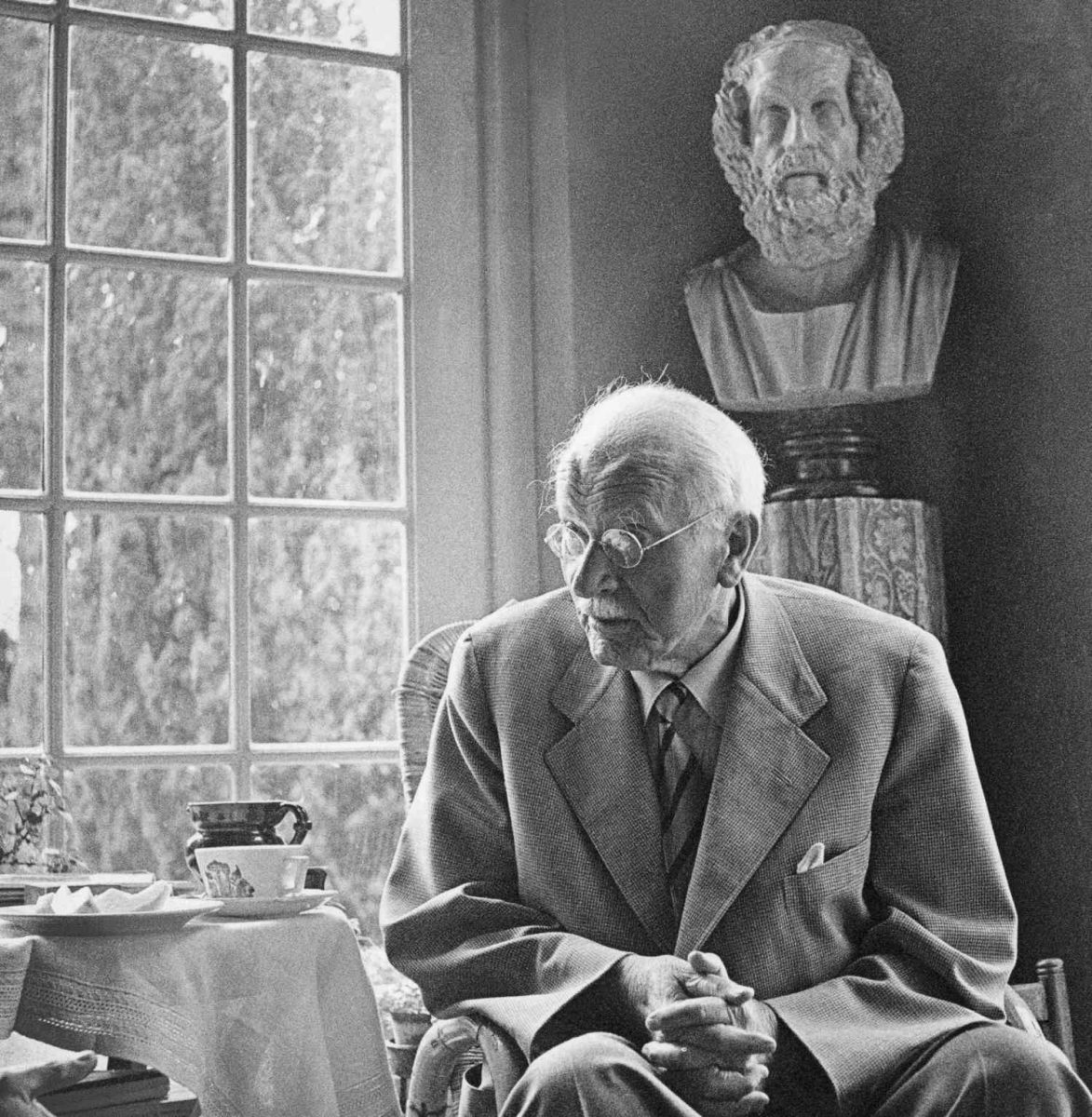Do you ever feel like there’s another person in your head? Another consciousness? Or perhaps, you have things you enjoy, a certain music artist, or a TV show that you’re too embarrassed to share with your friends. Do you feel like as the person you are, you shouldn’t enjoy certain things? Swiss Psychologist Dr. Carl Gustav Jung explored these phenomena in his patients, writings, and research during the first half of the 20th Century.
Jung divided the human psyche into three primary parts. He identified these parts as the Persona, the Ego, and the Shadow (or unconscious). The Persona is like a defense mechanism, or the mask one puts on to fit in with society and the people around them. Often, a persona is characterized by interest or occupation; the soccer player acts as they think others believe a soccer player should act. The teacher conforms to their title and textbook. Our persona is who we are when we know we are being observed. Especially in modern times, with the rise of social media, one’s persona has become crucial to one’s being. Nowadays, it seems people equate themselves entirely with how others view them. The persona is useful to help regulate “niceties” between yourself and others, but when one begins to betray oneself for other people, a problem arises. The next level of the psyche identified by Jung is the Ego. Think of this less as selfish and self-centered but more as you to yourself. Your thoughts and feelings are unregulated by the observance of others and the outside world. When you meet someone new who you dislike, your persona will smile, but your Ego will frown. The Ego is you as you know yourself, the I. The third level is the Shadow, also known as the Unconscious. These are the thoughts, feelings, and personages that even you don’t want to accept. You bury these thoughts and decide they are not you; you will not contemplate them or let them linger. For example, have you ever had a crush on somebody but refused to admit it? Even to yourself? Maybe on another member of your band or someone from a different social status or background, someone you think you shouldn’t be with. So you bury these feelings until they overpower you.
As Jung treated his patients who suffered from various forms of mental illness, he encouraged them to explore the repressed reasons as to why they might feel this way. Repression is a natural human instinct that we shouldn’t be ashamed of. But that hurt does not go away unless confronted. Jung encourages us to explore the parts of ourselves we are unconscious of, that we hide away from ourselves and others. Because deep in the dark caverns of the shadow, one can be sure to find gold. So, enjoy that piece of classical music you think your friends would make fun of, or join the baking competition you’ve always wanted to participate in but felt like an athlete shouldn’t be seen at such a place. Know yourself.








Anonymous • Jan 30, 2024 at 7:10 am
This is a really insightful look into his life and research.